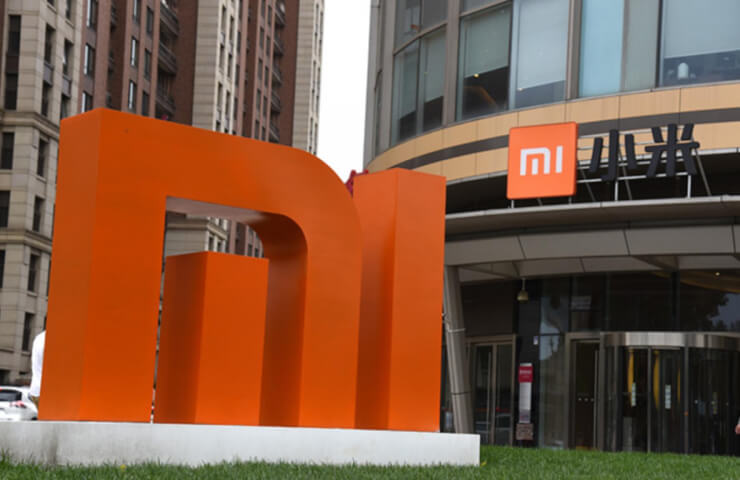Xiaomi has signed a cooperation agreement with the Beijing Economic and Technological Development Zone in Daxing. The electric vehicle plant will have a design capacity of 300,000 units per year. The project will be developed in two phases of 150,000 units per year each. Commercial production is slated to begin in 2024.
In March, the Beijing-headquartered company announced that it had gone into the production of electric vehicles, investing 10 billion yuan ($ 1.56 billion) to create a wholly owned subsidiary to develop artificially intelligent electric vehicles. The company will invest an additional $ 10 billion in its electric vehicle business over the next 10 years. In August, it acquired self-driving car company Deepmotion for $ 77 million.
Xiaomi manufactures and invests in smartphones, mobile apps, laptops, home appliances, bags, shoes and consumer electronics, and other products. In recent years, more and more Chinese firms from various industries such as Xiaomi, Baidu and Evergrande have entered the electric vehicle industry in response to Beijing's initiative to accelerate the transition to a low-carbon society. Beijing has announced a 2021-2035 New Energy Vehicle (NEV) industry development plan targeting a 20% share of NEVs in total vehicle sales in the country by 2025.
Production and sales of NEVs in China in January-October reached 2.566 million units, up 175.3% from a year earlier, while, according to the data, the share of NEV in total car sales in the country during this period reached 12.1%, according to the China Association of Automobile Manufacturers.
Worldwide NEV sales are expected to surpass 5 million this year, up 50% from last year, according to market participants.




